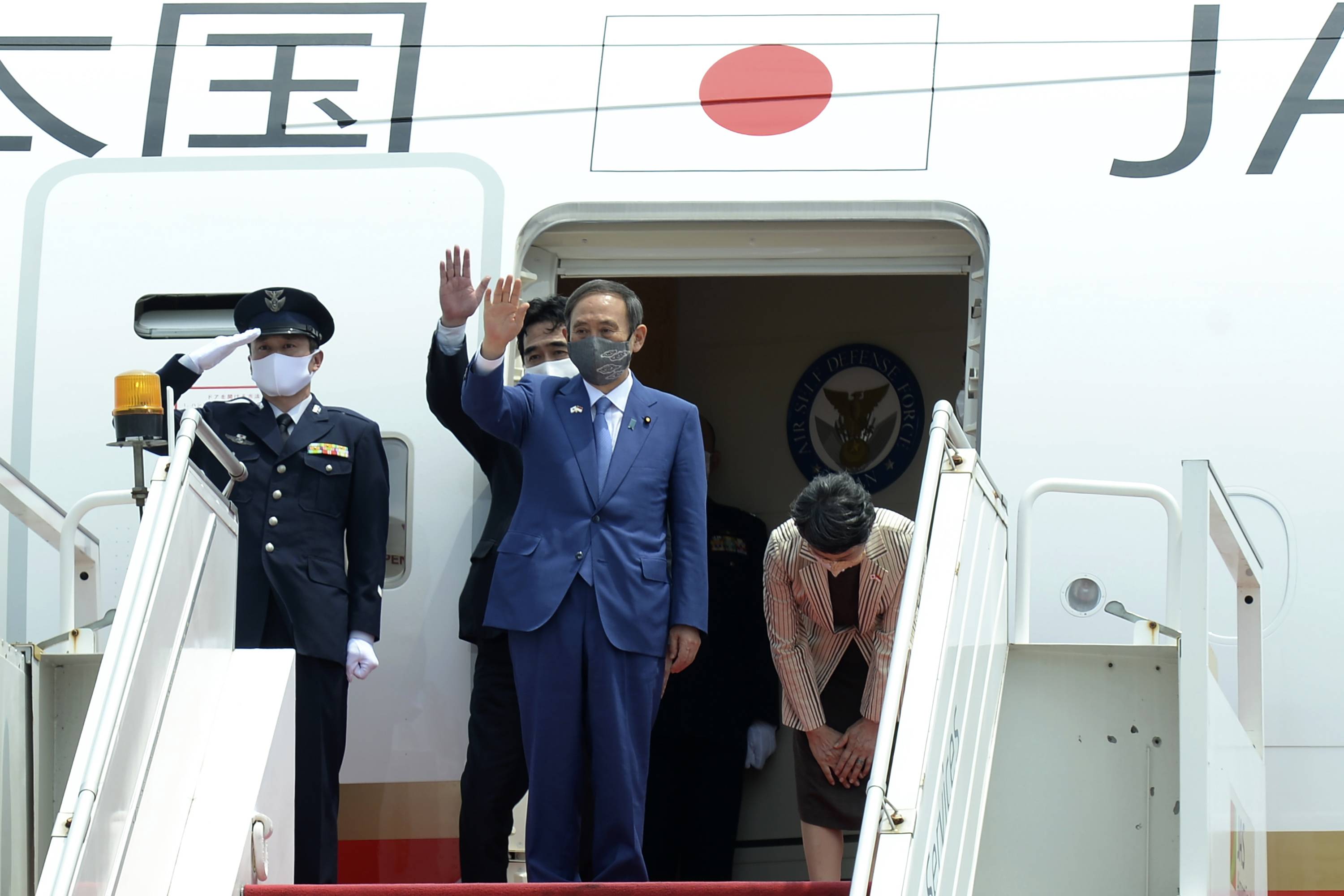Visiting the Southeast Asia nations of Vietnam and Indonesia this week on his first foreign trip since becoming prime minister, Yoshihide Suga was applauded for continuing the foreign policy program of his predecessor, Shinzo Abe. When Abe returned to power in 2012, he not only made Vietnam his first overseas stop but he visited all 10 members of the Association of Southeast Asian Nations (ASEAN) during his first year in office.
China is credited for making the region a priority for Tokyo, but Southeast Asia has always been one of Japan’s vital interests. This country’s leaders have long recognized that they need support from and friendly relations with their counterparts in the region. Those relationships have assumed greater value as Beijing becomes a more formidable diplomatic and economic partner and a security concern.
The two-country, four-day trip was a success, an important achievement for a prime minister widely considered inexperienced in foreign affairs. Suga employed a simple formula: Get tangible deliverables on economic and security concerns. That focus makes sense given restrictions on diplomacy resulting from the COVID-19 outbreak. Large events were discouraged, reducing opportunities for people-to-people and cultural programming.


















With your current subscription plan you can comment on stories. However, before writing your first comment, please create a display name in the Profile section of your subscriber account page.